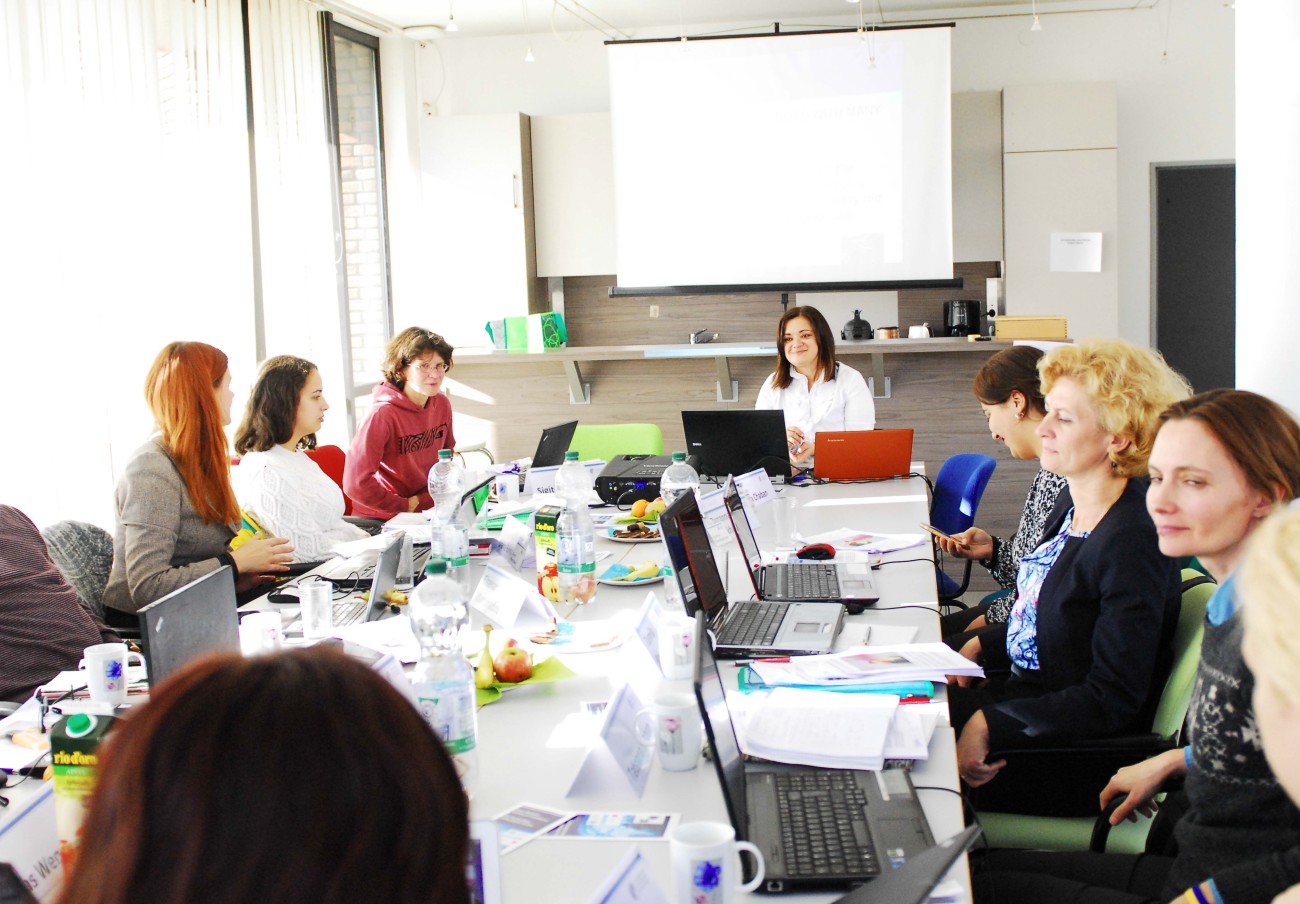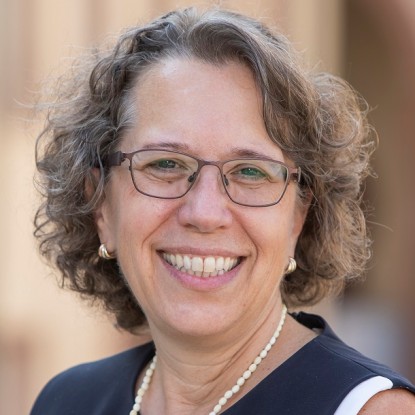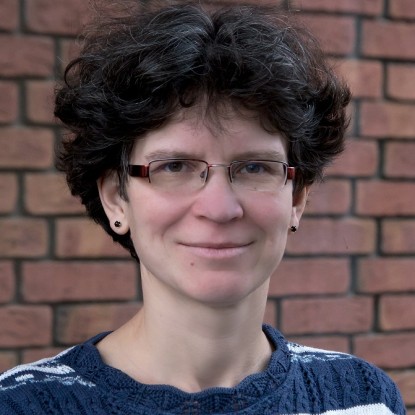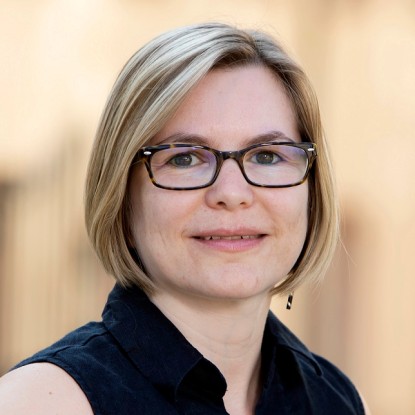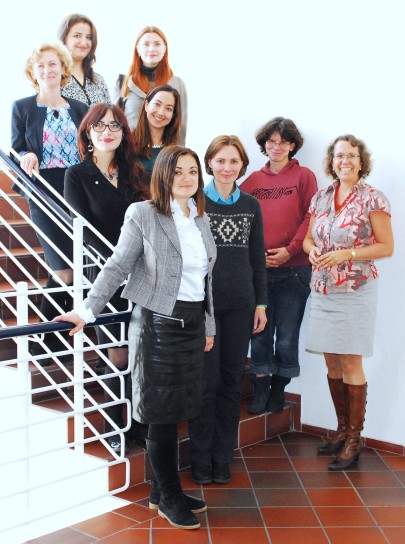

Project content and goals
After the end of the Cold War Europe was expecting a period of peace within its own borders and in its neighbourhood. Several conflicts and wars inter alia in the South Caucasus however made it soon clear that this had been a misbelief. While these conflicts and wars could still be found to be a regional problem the war between Georgia and Russia led to a different conception in the now enlarged European Union. Russia’s violation of Ukraine’s territorial integrity finally means a return of war to Europe which cannot any longer be ignored. Relations between Ukraine, Russia and the EU have underwent a dramatic development that influence all the relations between countries of the Eastern Partnership, the EU and Russia.

The understanding of mutual perceptions is the basis for communication and cooperation. This holds true both for individuals, civil society organisations as well as for states. Internal and external perceptions rarely conform. This gap between internal and external perceptions and related prejudices and reservations strongly influence the activities of individuals, organisations and states.
In order to avoid a further worsening of current developments and to achieve a better understanding of each other in future in the long run consolidated bi- or multilateral cooperations between the various parties are necessary. In order to achieve an approximation of parties all parties involved have to learn to understand each other better.
Knowing about the gaps between internal and external perceptions of each other is of special relevance in this context. The general goal of the project is to improve the dialogue and deepen the cooperation between countries of the Eastern Partnership (Armenia, Azerbaijan, Belarus, Georgia, Moldova, Ukraine), Russia and the EU by a common analysis of mutual perceptions.
This is done by analysing media images of each other in the involved countries by young researchers. A special methodology in which the participants is applied in which the researchers are trained in a one-week-workshop in Darmstadt.
The expected outcome of the project is a series of events (inter alia scientific conference and roundtables), a scientific publication and easily accessible policy-briefs.

